
Overcoming Business Challenges with AI-Driven Innovation
May 23, 2024
Mastering LinkedIn for B2B Lead Generation in 2024
May 27, 2024In today’s rapidly evolving digital landscape, artificial intelligence (AI) is making significant strides in transforming various industries, and human resources (HR) is no exception. From revolutionizing recruitment processes to enhancing employee engagement, AI is proving to be a game-changer. This blog post delves into the dynamic intersection of AI and HR, examining its history, current applications, benefits, challenges, and the future it holds.
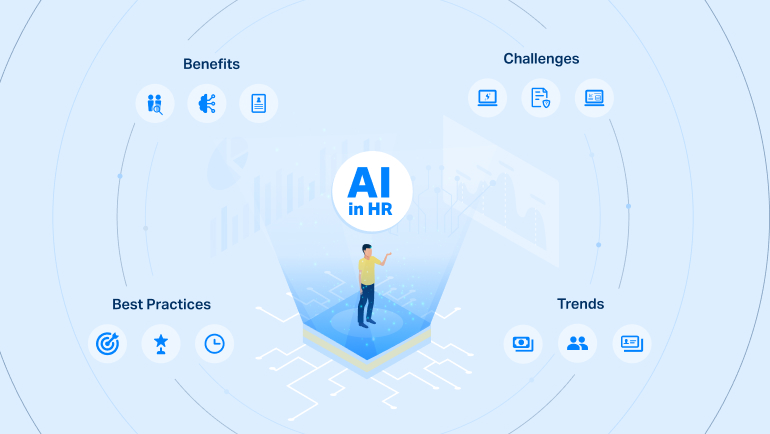
Overview of AI in HR
Definition and Significance of AI in the Modern Workplace
Artificial intelligence, at its core, involves the simulation of human intelligence processes by machines, particularly computer systems. These processes include learning, reasoning, and self-correction. In the context of HR, AI can analyze vast amounts of data, identify patterns, and make decisions that traditionally required human intervention. This ability not only enhances efficiency but also allows HR professionals to focus on more strategic initiatives.
Brief History of AI in HR Practices
The integration of AI into HR practices began in the early 2000s, primarily with the automation of administrative tasks. Over the years, as AI technologies advanced, their applications expanded to more complex functions such as recruitment, employee engagement, and performance management. Today, AI is poised to become an indispensable tool in the HR toolkit, driving innovation and efficiency across the board.
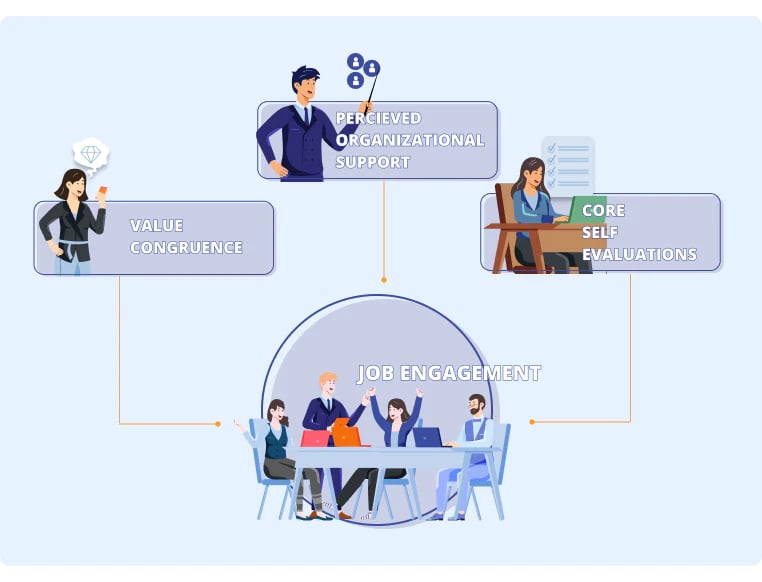
The Evolution of Recruitment and Employee Engagement
Traditional Methods vs. Modern Approaches
Traditionally, recruitment and employee engagement relied heavily on manual processes. Recruiters sifted through piles of resumes, conducted face-to-face interviews, and engaged employees through annual surveys and feedback sessions. While these methods were effective to some extent, they were time-consuming and often subject to human biases and errors.
The Role of Technology in Transforming HR
Modern technology, particularly AI, has drastically transformed these traditional HR functions. Automated resume screening, AI-driven candidate sourcing, and AI-powered interview platforms have streamlined the recruitment process, making it faster and more efficient. Similarly, AI-driven feedback systems and personalized employee experiences have revolutionized employee engagement, fostering a more dynamic and responsive work environment.

Understanding AI in HR
What is AI?
Definition and Types of AI
Artificial intelligence encompasses a range of technologies that enable machines to perform tasks that typically require human intelligence. These technologies include machine learning, natural language processing, and neural networks. AI can be categorized into three types: narrow AI, which is designed for specific tasks; general AI, which can perform any intellectual task that a human can; and superintelligent AI, which surpasses human intelligence.
How AI Works in General
AI operates by processing large datasets, learning from patterns, and making predictions or decisions based on this learning. For instance, in recruitment, AI can analyze resumes to identify the best candidates based on predefined criteria. In employee engagement, AI can analyze feedback data to identify trends and suggest improvements.
The Intersection of AI and HR
How AI is Being Integrated into HR Functions
AI is being integrated into various HR functions, from recruitment and onboarding to performance management and employee engagement. AI-driven tools can automate repetitive tasks, provide data-driven insights, and enhance decision-making processes. For example, AI can help HR professionals identify skill gaps and suggest personalized training programs for employees.
Benefits and Potential Challenges
The benefits of AI in HR are manifold. It can significantly reduce the time and cost associated with HR processes, enhance the accuracy and consistency of decision-making, and provide personalized experiences for employees. However, the integration of AI also presents challenges, such as data privacy concerns, the need for continuous monitoring and updating of AI systems, and the potential for biases in AI algorithms.
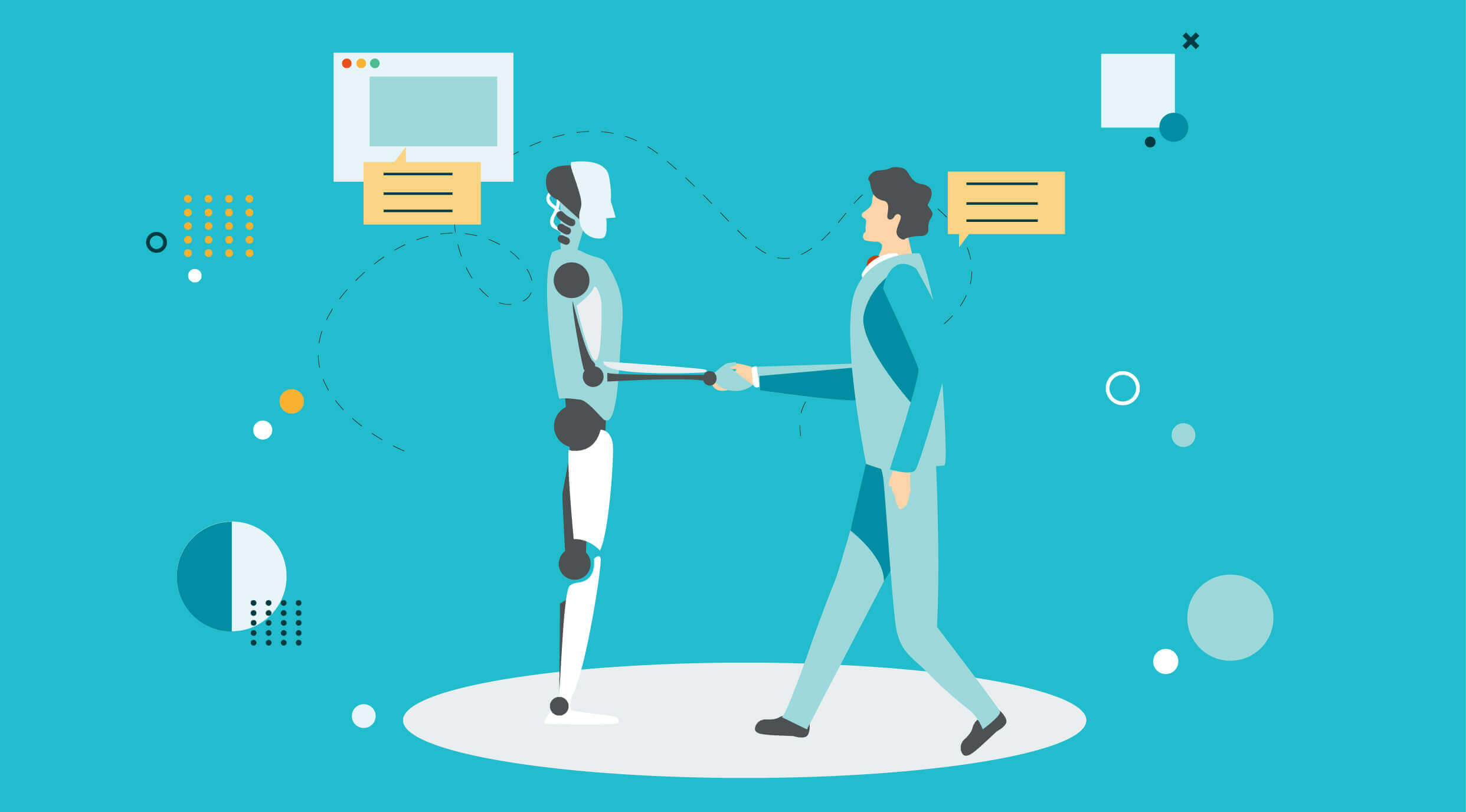
AI in Recruitment
AI-Driven Recruitment Tools
Overview of Popular AI Recruitment Tools
Several AI-driven recruitment tools have gained popularity in recent years. Tools like HireVue, Pymetrics, and Ideal leverage AI to streamline various aspects of the recruitment process. These tools can automate resume screening, conduct initial interviews, and even predict candidate success based on data analysis.
Key Features and Functionalities
AI recruitment tools come with a range of features designed to enhance the recruitment process. These include automated resume parsing, candidate matching algorithms, interview scheduling, and sentiment analysis during interviews. By leveraging these features, recruiters can focus on more strategic tasks, such as building relationships with candidates and making final hiring decisions.
Automated Resume Screening
How AI Screens Resumes
AI-driven resume screening tools use machine learning algorithms to analyze resumes and identify the most suitable candidates. These tools can scan for keywords, evaluate the relevance of experience and skills, and rank candidates based on predefined criteria. This automated process significantly reduces the time spent on manual resume screening and ensures a more objective evaluation of candidates.
Advantages of Automated Screening
The advantages of automated resume screening are numerous. It not only speeds up the recruitment process but also reduces the likelihood of human bias. Moreover, AI can screen a larger volume of resumes more accurately, ensuring that no potential candidate is overlooked. This leads to a more diverse and qualified candidate pool.
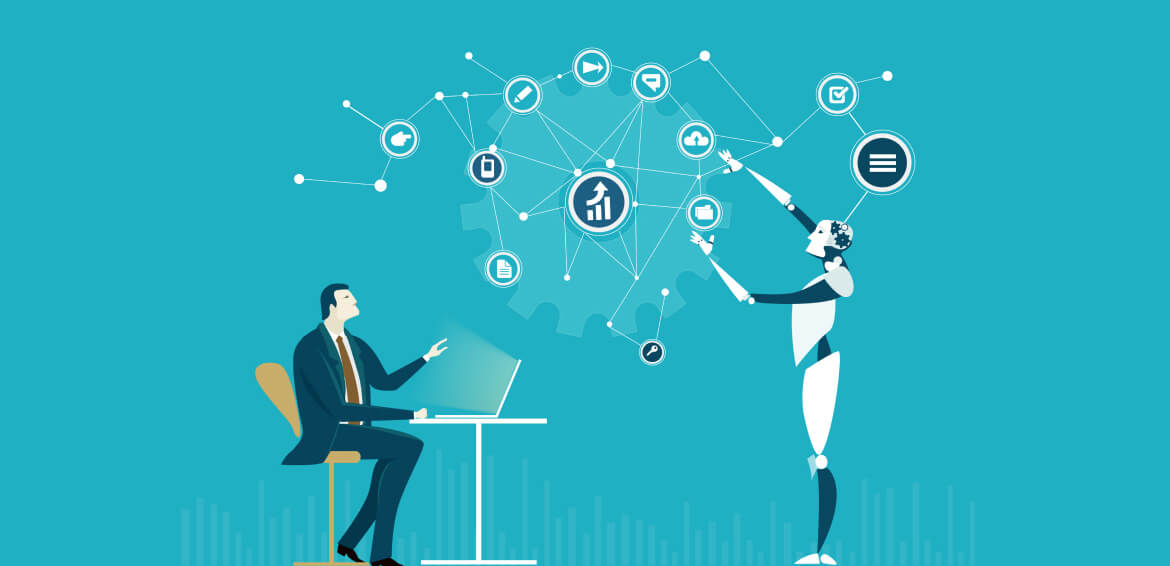
AI in Candidate Sourcing
Techniques for Sourcing Candidates Using AI
AI can significantly enhance candidate sourcing by identifying potential candidates from a variety of sources, including social media platforms, job boards, and professional networks. AI-driven tools can analyze candidate profiles, match them with job requirements, and even predict their likelihood of job acceptance. This proactive approach ensures that recruiters have access to a broader and more diverse talent pool.
Case Studies of Successful AI-Driven Sourcing
Several organizations have successfully leveraged AI for candidate sourcing. For instance, a leading tech company used an AI-driven tool to source candidates for a niche role. The tool analyzed data from various online platforms and identified highly qualified candidates who were not actively seeking new opportunities. This resulted in a faster hiring process and a higher quality of hire.
Interviewing with AI
AI-Powered Interview Platforms
AI-powered interview platforms like HireVue and Interviewer.AI use machine learning algorithms to assess candidates’ responses during interviews. These platforms can analyze verbal and non-verbal cues, evaluate the content of responses, and provide a comprehensive assessment of each candidate. This ensures a more consistent and objective evaluation process.
Enhancing Interview Efficiency and Consistency
AI-powered interviews enhance efficiency by automating the initial screening process and providing standardized evaluations. This reduces the workload for recruiters and ensures that all candidates are assessed fairly and consistently. Additionally, these platforms can provide valuable insights into candidate behavior and potential, aiding in better decision-making.
Bias Reduction in Recruitment
How AI Helps Mitigate Biases
One of the significant advantages of AI in recruitment is its potential to mitigate biases. AI algorithms can be designed to focus on objective criteria, such as skills and experience, rather than subjective factors like gender, race, or age. This helps ensure a more diverse and inclusive hiring process.
Ensuring Fairness in AI Algorithms
Ensuring fairness in AI algorithms requires continuous monitoring and updating. HR professionals must regularly evaluate the outcomes of AI-driven recruitment processes to identify and address any potential biases. Collaborating with AI developers to ensure that algorithms are transparent and unbiased is crucial for maintaining fairness and equity in recruitment.
AI in Employee Engagement
Personalized Employee Experiences
Customizing Experiences Using AI
AI can significantly enhance employee engagement by providing personalized experiences. AI-driven platforms can analyze employee data to identify individual preferences, strengths, and areas for development. This information can be used to tailor training programs, career development plans, and even workplace amenities to meet the unique needs of each employee.
Real-World Applications and Examples
Several companies have successfully implemented AI to personalize employee experiences. For instance, a global financial services firm used an AI-driven platform to analyze employee feedback and identify areas for improvement. The platform provided personalized recommendations for each employee, resulting in higher engagement and job satisfaction.
AI-Driven Feedback Systems
Continuous Feedback Through AI
AI-driven feedback systems enable continuous and real-time feedback. These systems can collect and analyze feedback from various sources, such as employee surveys, performance reviews, and social media interactions. This continuous feedback loop ensures that employees receive timely and constructive feedback, fostering a culture of continuous improvement.
Benefits of Real-Time Performance Analytics
Real-time performance analytics provide valuable insights into employee performance and engagement. HR professionals can use these insights to identify trends, address issues promptly, and make data-driven decisions. This proactive approach ensures that employees receive the support they need to thrive in their roles.
Employee Wellness and AI
Monitoring and Promoting Wellness
AI-driven tools can monitor various aspects of employee wellness, such as physical health, mental well-being, and work-life balance. These tools can analyze data from wearable devices, employee surveys, and other sources to identify potential issues and provide personalized recommendations for improvement.
AI Tools for Mental Health Support
Several AI-driven tools are designed specifically for mental health support. For example, chatbots like Woebot and Wysa use AI to provide real-time mental health support, offering coping strategies, relaxation techniques, and even connecting employees with professional help when needed. These tools play a crucial role in promoting a healthy and supportive work environment.
Training and Development with AI
Personalized Learning Paths
AI can create personalized learning paths for employees, identifying their strengths, weaknesses, and career aspirations. AI-driven platforms can recommend tailored training programs and resources, ensuring that employees receive the most relevant and effective learning opportunities.
AI-Powered Training Modules
AI-powered training modules use advanced algorithms to adapt to individual learning styles and paces. These modules can provide interactive and engaging learning experiences, enhancing knowledge retention and application. This personalized approach to training ensures that employees are well-equipped to meet the demands of their roles and advance their careers.

The Impact of AI on HR Efficiency
Streamlining HR Processes
Time and Cost Savings
AI significantly streamlines HR processes, resulting in substantial time and cost savings. By automating repetitive tasks such as resume screening, interview scheduling, and performance evaluations, AI frees up HR professionals to focus on strategic initiatives. This efficiency not only reduces operational costs but also enhances the overall effectiveness of HR functions.
Case Studies of Improved HR Efficiency
Several organizations have reported significant improvements in HR efficiency through AI implementation. For instance, a leading retail company used AI to automate its recruitment process, reducing the time to hire by 50% and cutting recruitment costs by 30%. This efficiency allowed the HR team to allocate more resources to employee development and engagement initiatives.
Data-Driven Decision Making
Leveraging AI for Data Insights
AI enables HR professionals to leverage vast amounts of data to make informed decisions. AI-driven analytics can identify trends, predict outcomes, and provide actionable insights. For example, AI can analyze employee turnover data to identify the underlying causes and suggest strategies to improve retention.
Real-World Examples of Data-Driven HR Strategies
Several companies have successfully implemented data-driven HR strategies. A global tech firm used AI to analyze employee performance data and identify high-potential employees for leadership development programs. This data-driven approach ensured that the company nurtured its top talent, leading to improved performance and succession planning.
Scalability and Flexibility
Scaling HR Operations with AI
AI provides the scalability needed to manage HR operations in growing organizations. AI-driven tools can handle large volumes of data and processes, ensuring that HR functions remain efficient and effective as the organization expands. This scalability is particularly beneficial for multinational companies with diverse and geographically dispersed workforces.
Flexibility in Adapting to Changing Needs
AI offers the flexibility to adapt to changing organizational needs and external factors. For example, during the COVID-19 pandemic, many companies used AI to quickly adapt their HR practices to remote work environments. AI-driven tools facilitated virtual recruitment, onboarding, and employee engagement, ensuring business continuity and employee support during challenging times.
Ethical Considerations and Challenges
Data Privacy and Security
Ensuring Employee Data Protection
The use of AI in HR raises important data privacy and security concerns. Organizations must ensure that employee data is collected, stored, and processed securely. Implementing robust data protection measures, such as encryption and access controls, is crucial to safeguarding sensitive information.
Addressing Security Concerns in AI Systems
Addressing security concerns in AI systems involves continuous monitoring and updating. Organizations must regularly audit their AI systems to identify and mitigate potential vulnerabilities. Collaborating with cybersecurity experts can help ensure that AI-driven HR tools remain secure and compliant with data protection regulations.
Transparency and Accountability
Making AI Decisions Transparent
Transparency in AI decision-making is essential to building trust and accountability. Organizations should ensure that AI algorithms are transparent and that the criteria used for decision-making are clearly communicated to employees. This transparency helps mitigate concerns about bias and ensures that employees understand how AI-driven decisions are made.
Establishing Accountability in AI Usage
Establishing accountability in AI usage involves defining clear roles and responsibilities. HR professionals, AI developers, and data scientists must collaborate to ensure that AI systems are used ethically and responsibly. Regular audits and reviews of AI-driven processes can help maintain accountability and address any issues promptly.
Ethical AI Development
Principles of Ethical AI in HR
Developing ethical AI involves adhering to principles such as fairness, transparency, and accountability. Organizations should ensure that AI algorithms are designed and trained to be unbiased and that their use promotes diversity and inclusion. Collaborating with experts in AI ethics can help organizations develop and implement responsible AI practices.
Promoting Responsible AI Practices
Promoting responsible AI practices involves ongoing education and awareness. HR professionals should stay informed about the latest developments in AI ethics and best practices. Regular training sessions and workshops can help ensure that all stakeholders understand the ethical implications of AI and are committed to using it responsibly.

The Future of AI in HR
Emerging Trends
Predicting Future Trends in AI for HR
The future of AI in HR is promising, with several emerging trends on the horizon. These include the increased use of AI for predictive analytics, the integration of AI with other advanced technologies such as blockchain and IoT, and the development of more sophisticated AI-driven tools for employee engagement and wellness.
Innovations on the Horizon
Innovations in AI for HR are continuously evolving. For example, the development of AI-driven virtual reality (VR) training programs can provide immersive and interactive learning experiences. Similarly, advancements in natural language processing (NLP) can enhance AI-driven feedback systems, making them more intuitive and responsive.
The Role of Human Touch
Balancing AI and Human Interaction
While AI offers numerous benefits, the human touch remains irreplaceable in HR. Balancing AI and human interaction is crucial to maintaining a supportive and empathetic work environment. HR professionals should use AI as a tool to enhance their roles, not replace them, ensuring that human values and relationships remain at the forefront.
The Irreplaceable Human Elements in HR
Certain aspects of HR, such as building relationships, understanding employee emotions, and providing personalized support, cannot be fully replicated by AI. The human elements of empathy, compassion, and intuition are essential to effective HR practices. Therefore, organizations should strive to integrate AI in ways that complement and enhance the human touch.
Preparing for Change
Strategies for HR Professionals
HR professionals must prepare for the evolving landscape by staying informed about AI developments and continuously updating their skills. This includes learning how to effectively use AI-driven tools, understanding their ethical implications, and staying proactive in addressing potential challenges.
Adapting to the Evolving Landscape
Adapting to the evolving landscape requires a proactive and flexible approach. HR professionals should embrace continuous learning, stay open to new technologies, and be willing to experiment with innovative solutions. By doing so, they can ensure that their organizations remain competitive and future-ready.
Conclusion
Recap of Key Points
In summary, AI is revolutionizing HR by enhancing recruitment processes, improving employee engagement, and increasing overall efficiency. The integration of AI-driven tools offers numerous benefits, including time and cost savings, data-driven decision-making, and personalized employee experiences. However, it also presents challenges, such as ensuring data privacy, transparency, and ethical AI development.
The Way Forward
To embrace AI for a future-ready HR, organizations must prioritize continuous learning and adaptation. By staying informed about emerging trends, addressing ethical considerations, and balancing AI with the human touch, HR professionals can leverage AI to create a more dynamic, efficient, and supportive work environment.



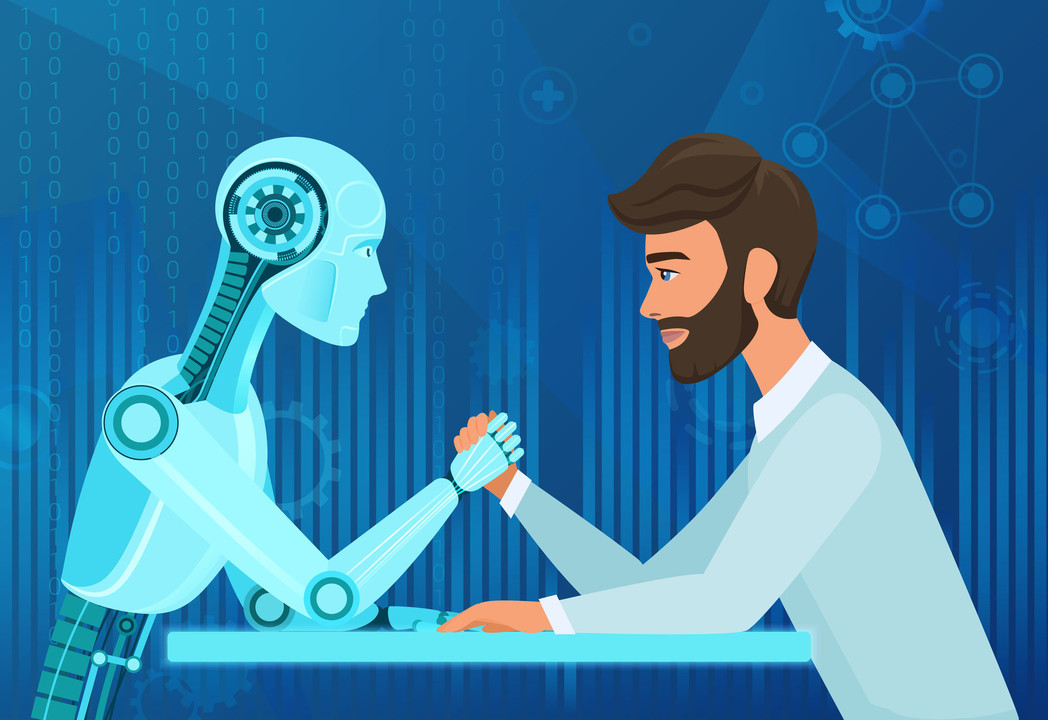
![THE CHALLENGES AND ETHICAL CONSIDERATIONS OF AI AND ML IN CYBERSECURITY [PART 2]](https://media.licdn.com/dms/image/D4D12AQHSOwUYYcWyLA/article-cover_image-shrink_720_1280/0/1686517980469?e=2147483647&v=beta&t=hUY_yc6g2pv3LJG1qneGt6mLbu5ppCrrFsMWhx4qy4k)